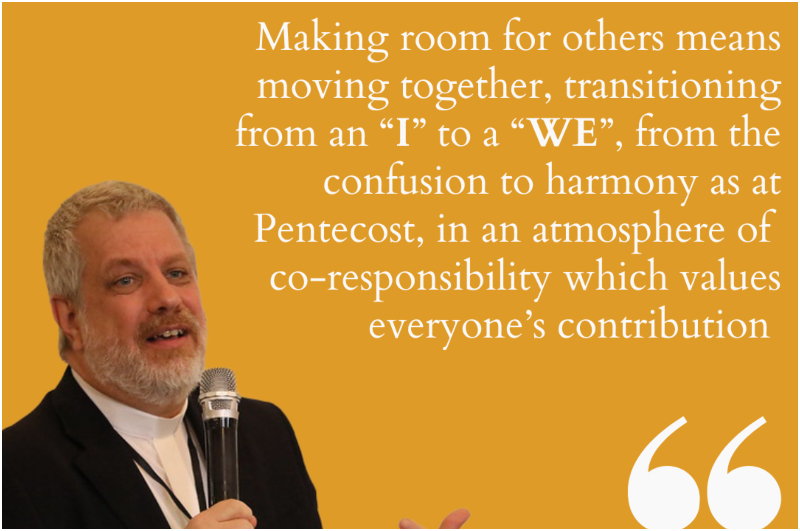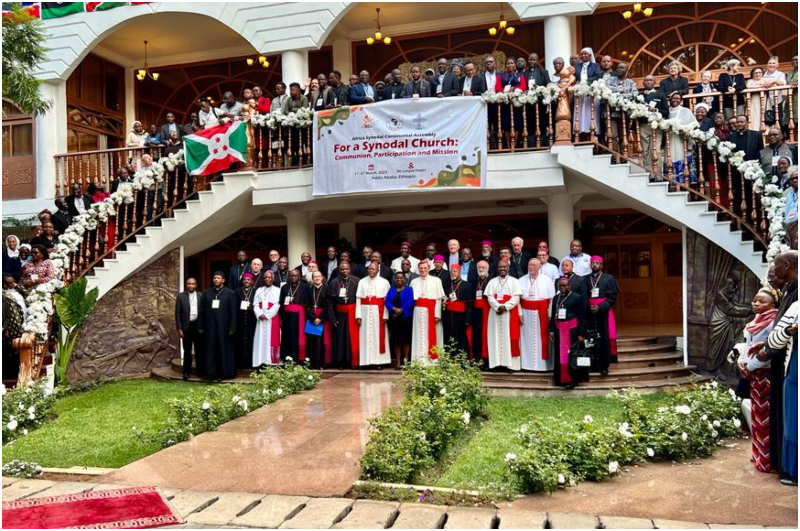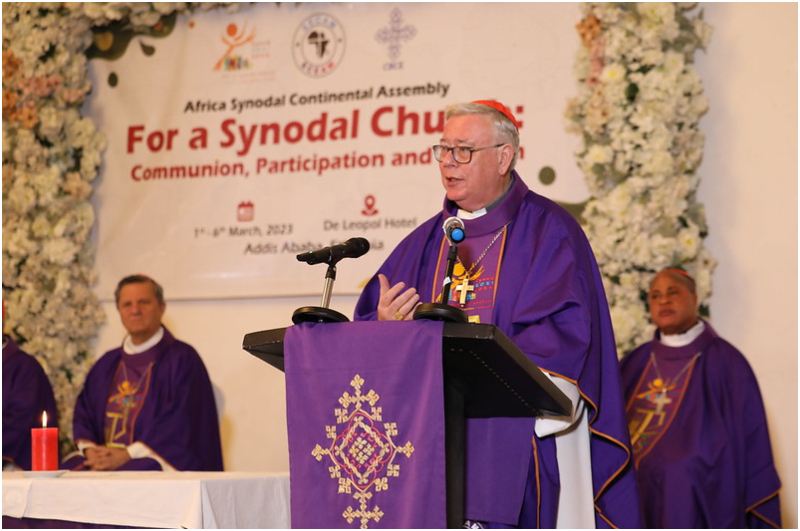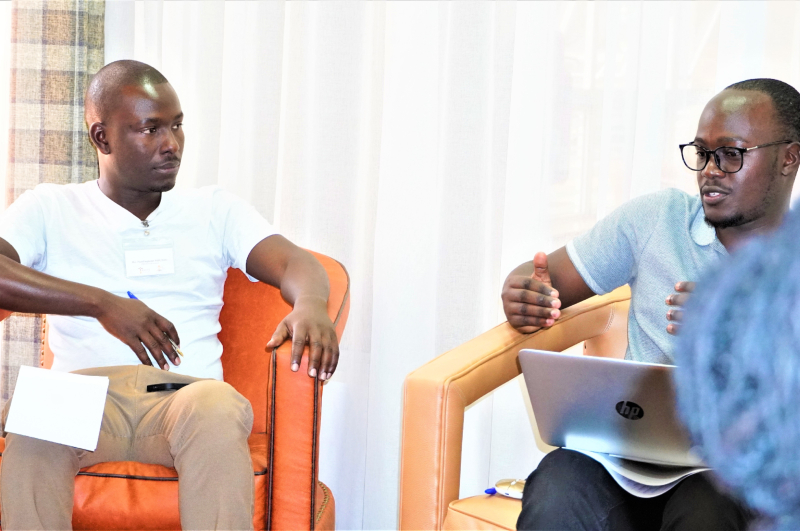

“We need theological foundations if we are to contribute to a culture of synodality. We are not just trying to imitate governance models from the corporate world; nor are we simply interested in engaging in practices that are efficient but not enduring.”
These words from Agbonkhianmeghe E. Orobator, S.J., offered some of the rationale for the gathering last week of theologians for the African Synodality Initiative in Nairobi, Kenya. Composed of more than a dozen scholars from countries around Africa—including a number of African theologians working in the United States—the meeting was held at Africama House, the headquarters of the Jesuit superiors of Africa and Madagascar.
Titled “Living Church: Theology of Synodality/Foundations of Synodality,” the gathering brought together scholars from countries in both Anglophone and Francophone Africa. The goal of the conference, which will meet again in January of next year, was “to reflect on the outcomes of the Synod, provide a theological analysis of the key dynamics of the process, and offer a theological input from an authentically African perspective,” according to the official precis.
“We are at a very special moment in the time of the church. We use words like ‘kairos’ and ‘inflection point’ to describe it, but they do not capture the energy, the urgency and the opportunity to do something for the global church,” Father Orobator told America. “Members of [the African Synodal Initiative] felt that we wanted to be closely involved and to create many opportunities for people to be part of this journey.”
Key to the synodal process, Father Orobator said, is that it does not become a mere series of responses to current issues in the church and society, but is embedded in more substantial theological ground: “For synodality to truly take root in the life of the church, it must be strongly rooted in theological foundations. And so we ask ourselves: How can we begin to articulate those foundations of a synodal church?”
The initial roster of participants included Anne Arabome, S.S.S. (Nigeria/United States), Chijioke Azuawusiefe, S.J. (Nigeria), Anthony Egan, S.J. (South Africa/Kenya), Nontando Hadebe (Zimbabwe/South Africa), David Kaulem (Zimbabwe), Ludovic Lado, S.J. (Cameroon/Chad), Léocadie Lushombo, I.T. (Democratic Republic of Congo/United States), Bienvenu Mayemba, S.J. (Democratic Republic of Congo/Ivory Coast), Philomena Mwaura (Kenya), Josée Ngalula, R.S.A. (Democratic Republic of Congo), Sheila Leocádia Pires (Mozambique/South Africa), Veronica Rop, A.S.E. (Kenya), Marcel Uwineza, S.J. (Rwanda/Kenya), and Father Orobator (Nigeria/United States), who is the dean of the Jesuit School of Theology of Santa Clara University in Berkeley, Calif., and a former provincial superior of the Jesuits of the Eastern Africa Province. Funding for the conference was provided by a Catholic family foundation.
Three participants in the Nairobi meeting—Ms. Pires, Father Orobator and Sister Ngalula—were also delegates to the Synod on Synodality in Rome last October and will participate in the second session this coming fall.
Read full story as published originally in the American Magazine website [HERE]
Related stories:
Story by: James T. Keane, a Senior Editor at America Media. Travel funding for America’s coverage of this conference was provided by the African Synodality Initiative.
Related Articles
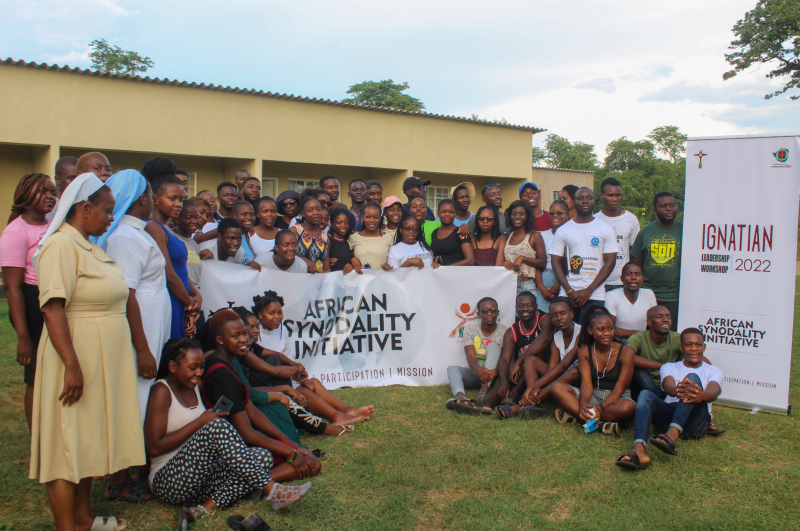
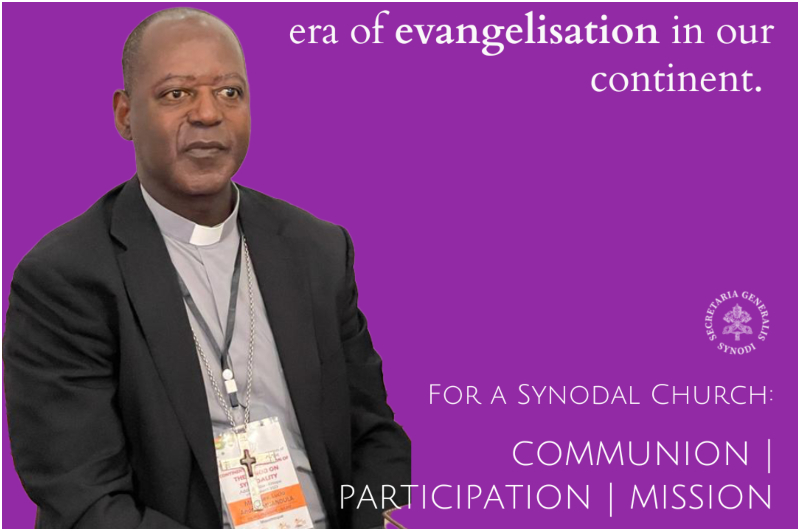
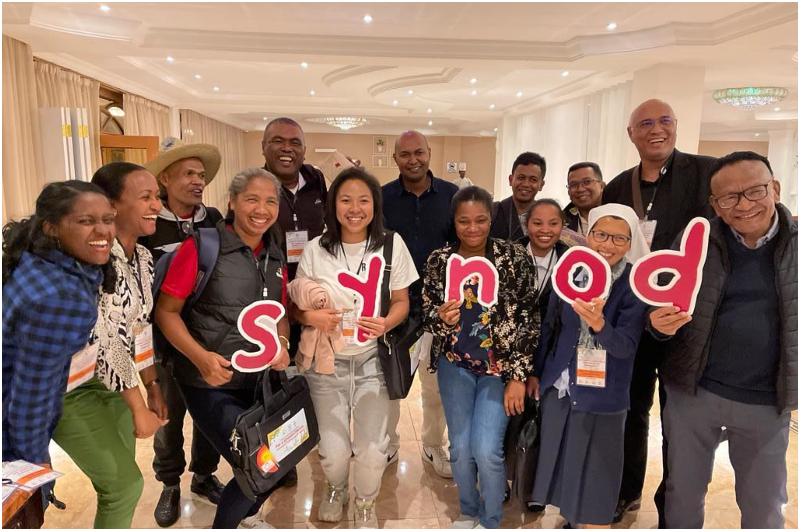
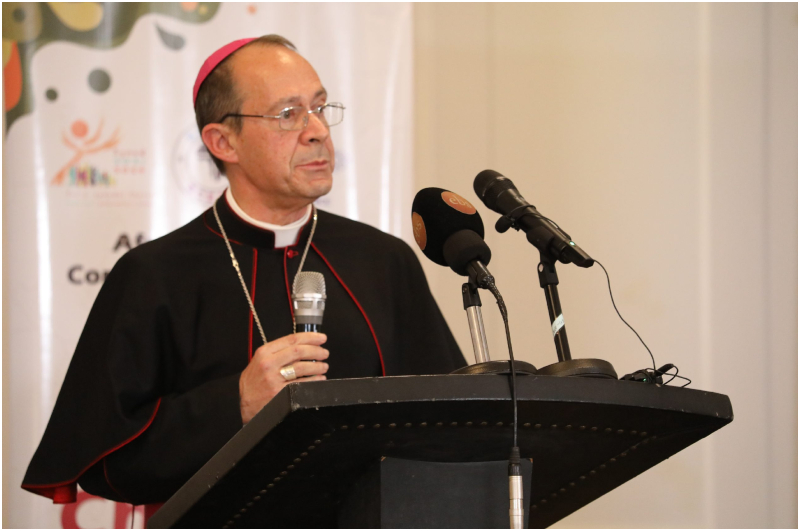
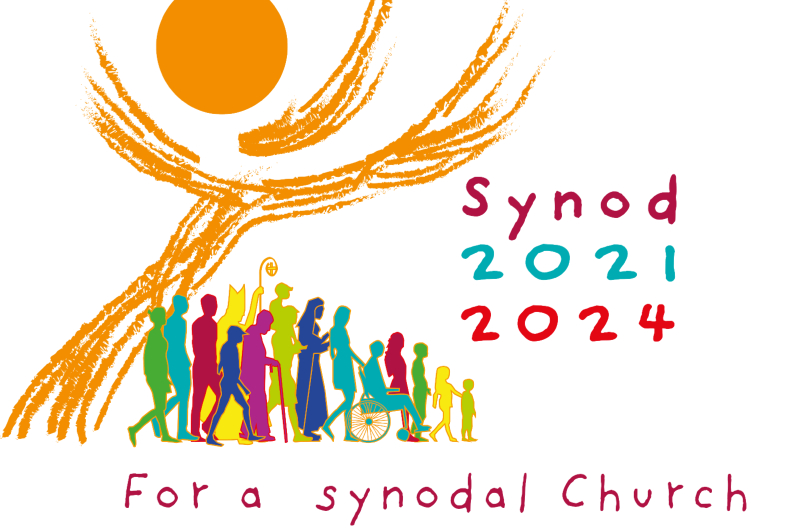
Select Payment Method
Pay by bank transfer
If you wish to make a donation by direct bank transfer please contact Fr Paul Hamill SJ treasurer@jesuits.africa. Fr Paul will get in touch with you about the best method of transfer for you and share account details with you. Donations can be one-off gifts or of any frequency; for example, you might wish to become a regular monthly donor of small amounts; that sort of reliable income can allow for very welcome forward planning in the development of the Society’s works in Africa and Madagascar.
Often it is easier to send a donation to an office within your own country and Fr Paul can advise on how that might be done. In some countries this kind of giving can also be recognised for tax relief and the necessary receipts will be issued.



